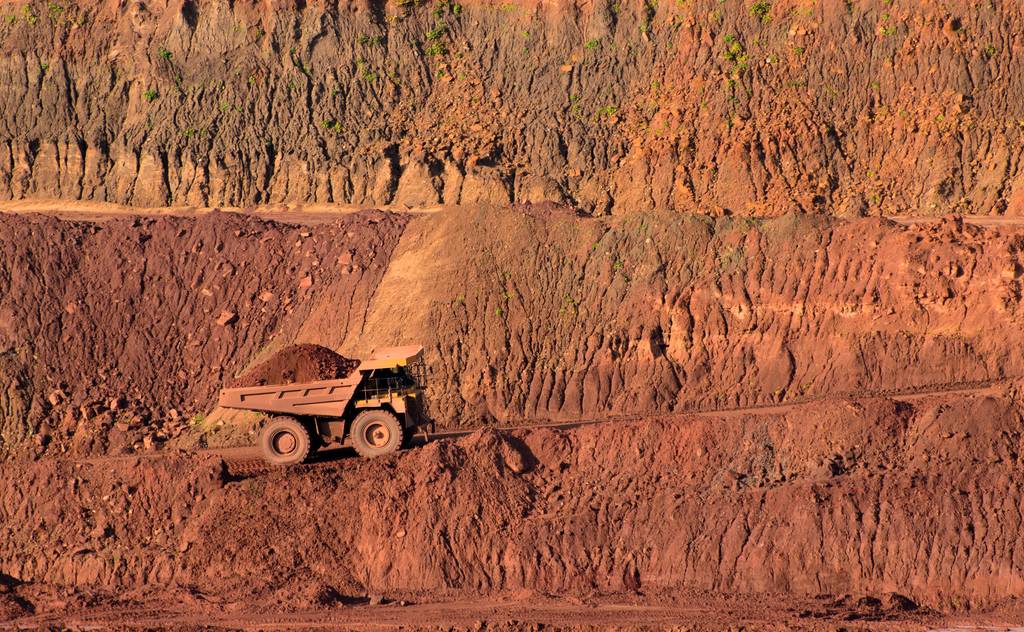Madagascar’s Mining Bill in Brief

The attention of African governments has been turned towards the mining sector amid uncertainty caused by decreased production, mine closures, and price volatility. After an aborted attempt at reform in 2015, Madagascar is now preparing to introduce legislation adding new provisions to the country’s mining code. Existing legislation was often thought to unduly favour mining companies and investors. The draft law would appear aimed at redressing the balance. Below, we provide an overview of the proposed institutional, fiscal, and licensing changes that businesses can ill afford to ignore.
At the institutional level, the draft law affirms the authority of the mining minister and establishes a structure of state bodies to oversee and administer different aspects of the country’s mining activity. The law gives the National Mining Committee (Comité National des Mines), which was created under the existing legislation, a more active role by insisting on its synergising powers to ensure that central and local government and the private sector work together effectively to develop the country’s mining sector. The law also introduces a newly named Mining Brigade (Brigade minière) responsible for policing mining activities, including uncovering and recording mining offences.
The bill proposes some new structures, too. The Geology Bureau of Madagascar (Bureau de Géologie de Madagascar) is tasked with managing geological data relating to the country’s mining potential. A National Mining Fund (Fonds minier national) is created for the purpose of channelling part of the State’s revenue from mining activities into national and local development programmes. And the law establishes a special body to represent the State in transactions relating to the sale and processing of gold.

On the fiscal front, the new law lists the various levies from which the State derives its mining revenue. They include:
- royalties, the rate of which varies according to a scale starting at 3 per cent for cut industrial stones, rising to 4 per cent for minerals such as nickel and cobalt, precious metals, and cut precious stones, 6 per cent for uncut industrial stones, and 8 per cent for uncut precious stones;
- annual fees payable by permit holders for the administration of their rights;
- the State’s entitlement to at least a 20 per cent share of any marketable production realised under an exploitation permit (on the grounds that mined resources belong to the State);
- a one-off payment towards national development due by permit holders on being granted their permits (2 billion ariary for exploitation permits and 200 million ariary for exploration permits, revisable upwards depending on the substance mined, environmental factors, and the size of the investment);
- negotiable fees payable by the holders of permits awarded by tender (which may be the case where the blocks made available are of particular importance for economic reasons or due to the scarcity of the substance to be mined)
In addition, the holder of an exploration permit must make a minimum commitment of 8 million ariary per year for every square of land it is allowed to explore.
The bill also proposes some changes to the rules applicable to mining permits. For instance, the time allowed for processing applications is to be extended to sixty days, and any application that does not comply with the prescribed application procedure will be rejected. Mining permits are to be accompanied by specifications covering technical, financial, environmental, and social matters, which must conform to relevant laws and good mining practice. A permit holder that fails to abide by the specifications will be obliged to cease its activities. Also, a holder that does not fulfil its financial obligations will have its permit cancelled.
The draft law includes some provisions particularly relevant to companies. Any company holding a permit will be obliged to notify the land registry of any changes to its by-laws within thirty days of such changes being made, and any failure to do so will be treated as an infringement of the permit’s specifications. Also, registration duties will be payable in the event that rights accorded under mining permits are passed on through negotiation or transmission. The duty will be 5 per cent of the amount of an investment in the case of the sale or purchase of a company or company shares, changes to a company’s name or its shareholders, or transfers by inheritance; and 10 per cent of the value of the right affected in the case of farm-outs, pledges, and partnering operations.
Although the new law is still in draft form, and the points discussed above are therefore but proposals, and while many details have yet to be spelled out in implementing legislation, businesses need to be aware of the potential impact on their activities. John W Ffooks & Co stands ready to assist in assessing the consequences the new law might have in individual cases and to advise on appropriate legal strategies in response.
